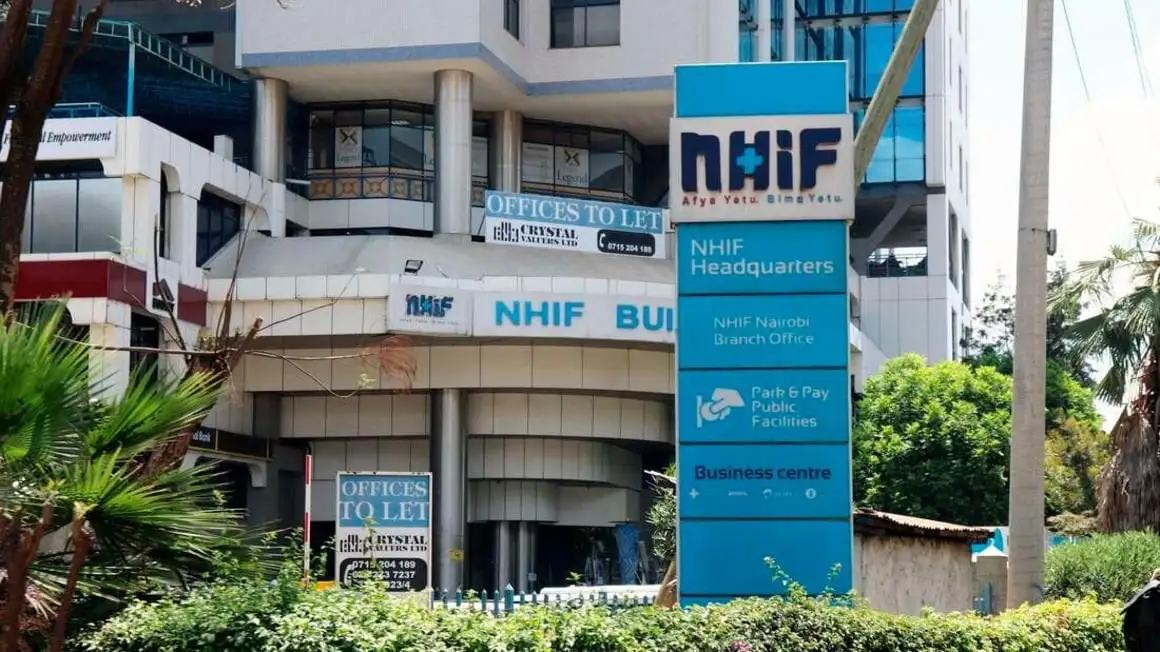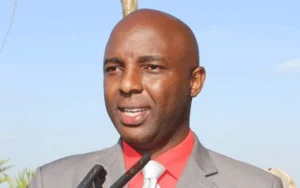The NHIF CEO took time to explain how the government arrived at the 2.75% deduction rate. This move has raised eyebrows among Kenyans who don’t see the need for it.
Dr Samson Kuhora, Acting CEO of the National Health Insurance Fund (NHIF) mentions that the state conducted external benchmarking. This was the premise they used to propose an increase in monthly contributions to 2.75 per cent.

“We did an analysis of how much it would cost to offer the essential benefits package. We then compared it to the current contributions which range from between five per cent, for the lowest income earners, to 1.2 per cent for the population earning more than Ksh 100,000,” he said.
“From a weighted analysis, the equalizing effect was to offer a rate of 2.75 per cent. This figure will generate revenues that will finance social health insurance. In turn, it will offer the social benefits package suggested by the government.”
Seme MP, Dr James Nyikal stated that the reasoning for the proposed deductions is acceptable. The only condition is that Kenyans get their money’s worth.
“They have done an actuarial study which has indicated what they need to offer the essential package. To that extent it is okay. As to whether people can afford it, what is really important is how it is used.”
“People pay so much in health so if they are paying that much and getting full cover then that is acceptable,” said Nyikal who sits on the National Assembly’s Health Committee.
Subscribe to the Switch TV channel
Dr Dennis Miskellah, KMPDU Deputy Secretary General, however, questioned how the recently proposed NHIF tax deductions came to be. This is because the Union’s members were allegedly not consulted during the process.
In addition to that, he mentioned that increased deductions do not automatically translate to better healthcare services. Stating that inefficiencies at NHIF need to be addressed first before accepting the proposed deductions.
“More importantly it is about inefficiencies in the organization. As workers, we believe that deducting more will not solve the problem of inefficiencies at NHIF.”
Miskellah’s sentiments were shared by Kenya Medical Association President Dr. Simon Kigondu who chimed in that the proposed NHIF rate is too costly for salaried workers.
Read Also: Health CS Suspends Officials Involved in Fraud Scheme
The proposals contained in the NHIF regulations 2023 state that where a contributor in self-employment declares less than Ksh 300 of their monthly income, then they shall pay a sum of Ksh.300 to the fund.
While the benchmark has been done in other countries, it still doesn’t offer confidence to a few citizens. Considering the scandal that NHIF is currently dealing with and the CS of Health’s admission of existing cartels in the sector, it doesn’t offer confidence to citizens. Many questions whether an increased deduction rate is equivalent to better healthcare.
Unemployed Kenyans have been told to go look for 1,000 every month for NHIF, or they will see what I saw at Masogo AP Camp in 2002. Tears in my eyes. pic.twitter.com/FOMiRSdrn6
— Gabriel Oguda (@gabrieloguda) June 27, 2023
A section of Kenyans have endorsed the proposal which they say will enhance health services. The proposal however affects the unemployed Kenyans, who will be required to pay Ksh 1,000 to the fund up from the current Ksh 500 to access health services.
In the proposed regulations, the national government shall pay a sum of Ksh 13,300 on behalf of anyone listed as indigent or vulnerable by the State Department of Social Protection.
Read Also: NHIF shifts the blame for delay of payment















